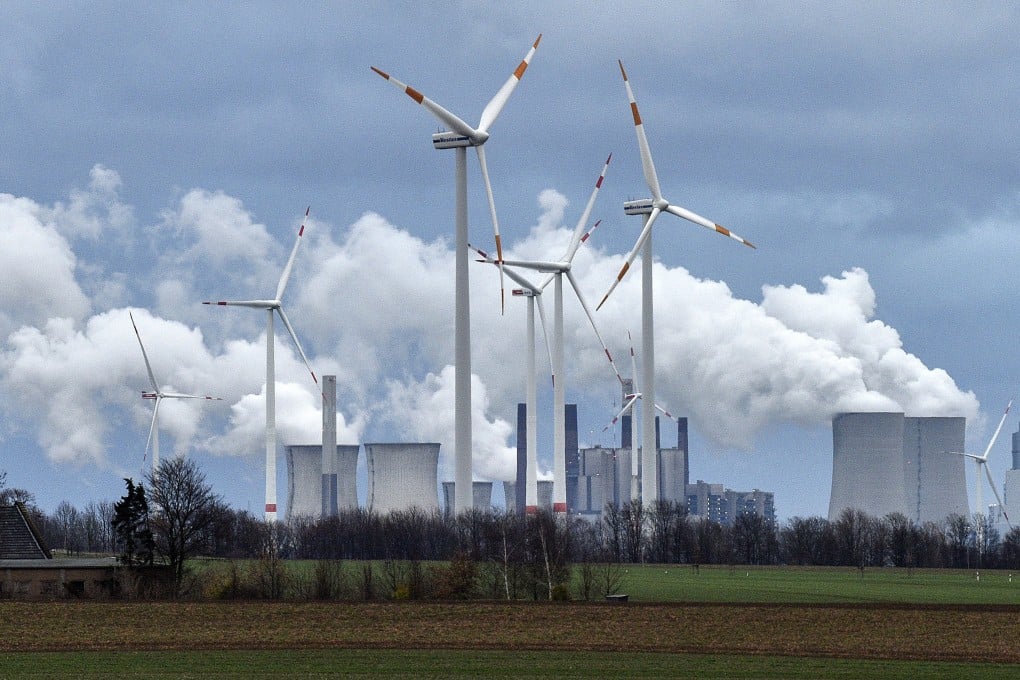Macroscope | How Ukraine conflict is forcing the world towards greater food and energy sustainability
- Soaring commodity prices have set countries on a path to increased self-sufficiency which, beyond the present geopolitical conflict, will help them meet the challenges of life on a warming planet

The Russia-Ukraine conflict has fuelled an unprecedented rise in commodity prices. As a result, governments are putting greater emphasis on improving food and energy self-sufficiency, and reducing their dependency on Russia’s oil, gas, fertiliser, industrial metals and food.
While some countries may switch to nuclear power, others are expected to start increasing their solar, hydro and wind power generation capacity. Germany, for example, is planning to significantly increase its onshore and offshore wind power production. The UK has followed suit, aiming to produce 95 per cent of the country’s electricity from low-carbon sources by 2030.
All these initiatives suggest that the Russia-Ukraine conflict has pressured policymakers to reduce their energy dependency on Russia, accelerating the shift towards green energy and countries’ commitments to net zero emissions.
While energy market distortions have been the primary driver of inflation in Europe and the US, the conflict has also resulted in tighter agricultural exports, putting pressure on food prices, which play a more material role in inflation in Asia.

